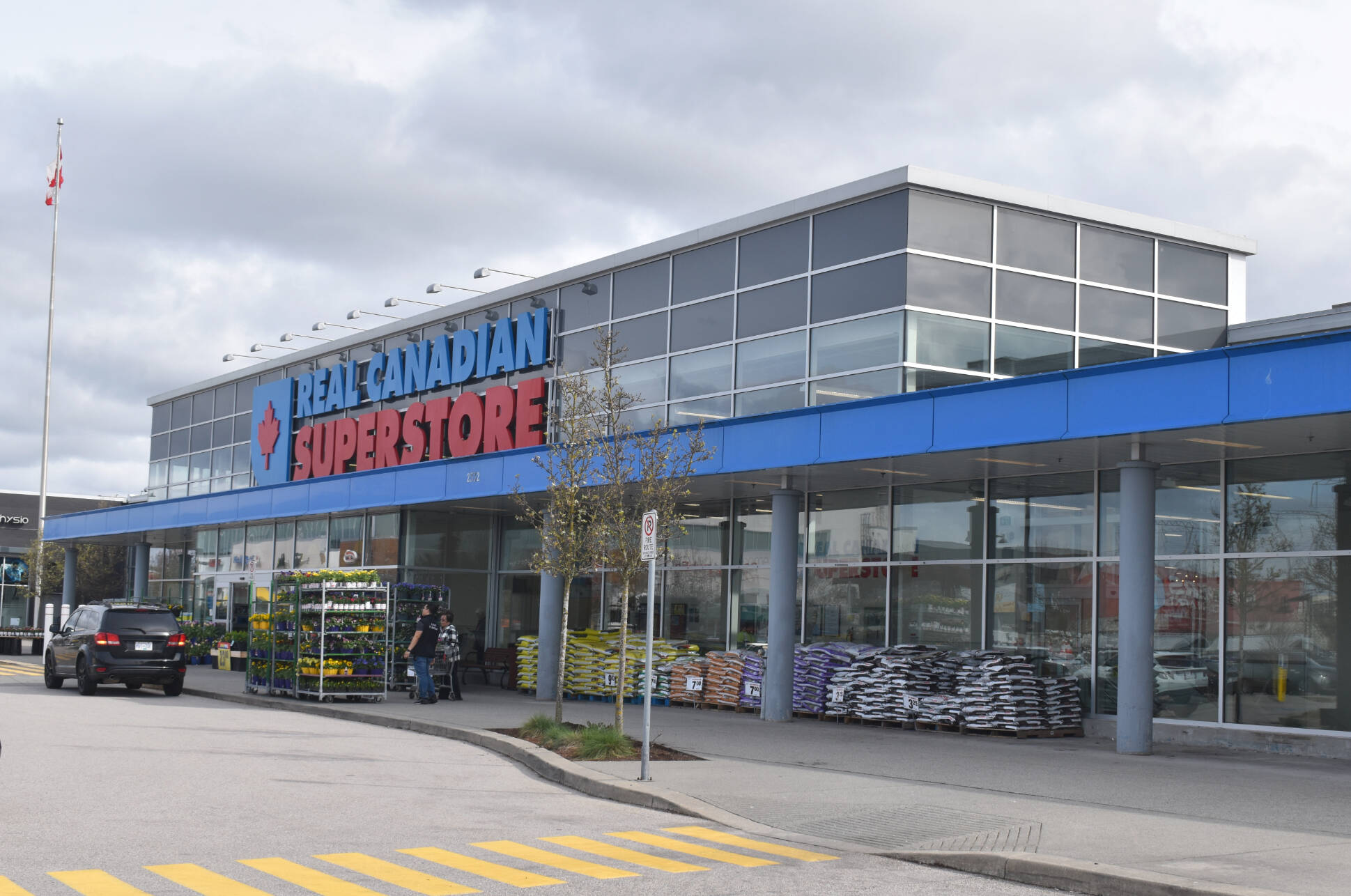The British Columbia Liquor and Cannabis Regulation Branch (LCRB) has imposed a $7,000 penalty on Loblaws, after an employee at its South Surrey Real Canadian Superstore sold liquor to a minor.
The fine, which must be paid to the LCRB by April 12, 2024, was ordered in March; LCRB General Manager’s Delegate Dianne Flood said the store’s “training and systems in relation to prohibiting the sale of liquor to minors are inadequate” in her decision.
Signs showing that a monetary penalty has been imposed must also be place in a “prominent location in the establishment.”
Loblaws is the first supermarket in the province to be fined for serving alcohol to a minor, a review of past LCRB decisions shows, since B.C. allowed certain types of alcohol to be sold in grocery stores in 2015.
Stemming from a Sept. 14, 2023 visit to the South Surrey Superstore by two LCRB inspectors, Flood described the fine as “being at the low end of the range” of penalties that could be imposed, after a minor agent, 16, purchased a bottle of wine without being asked for identification.
READ ALSO: Loblaw 50% off stickers to return after public anger over discount reduction
The decision outlines how the minor walked to the section of the store where wine, mead, sake and cider are sold, chose a bottle of wine, and took it to the checkout, where he was directed to a different till. The cashier there scanned the wine, told the minor agent the price, and he paid with a $20 bill.
“At no time did the cashier ask the minor agent for identification. If asked for identification, minor agents are trained not to attempt to deceive the salesperson but to simply respond that they do not have any identification,” the decision said.
One of the inspectors returned to the store to inform the manager of the alleged infraction and also asked for, and photographed, the cashier’s Serving It Right (SIR) certificate.
Loblaws admitted the contravention occurred, but said due diligence had been satisfied, saying the mistake in selling to the minor “was a human error, not a deficiency in training,” as employees must all earn their SIR certificates and also sign age-restricted sales and store liquor sales policies about requesting identification expectations.
The LCRB – and Flood – argued that Loblaws’ defence of due diligence did not meet the required standard.
“I find the Licensee’s training of its cashiers to sell liquor to be insufficient,” Flood said in her decision. “The sale of liquor is not the same as the sale of milk or bread.”
She said selling liquor carries additional responsibility, and also found that “assuming servers can appropriately assess age to be inadequate training,” and suggested cashiers be given oral quizzes and/or written tests and hands-on training, among additional recommendations.
Black Press Media has reached out to Loblaws for comment.

